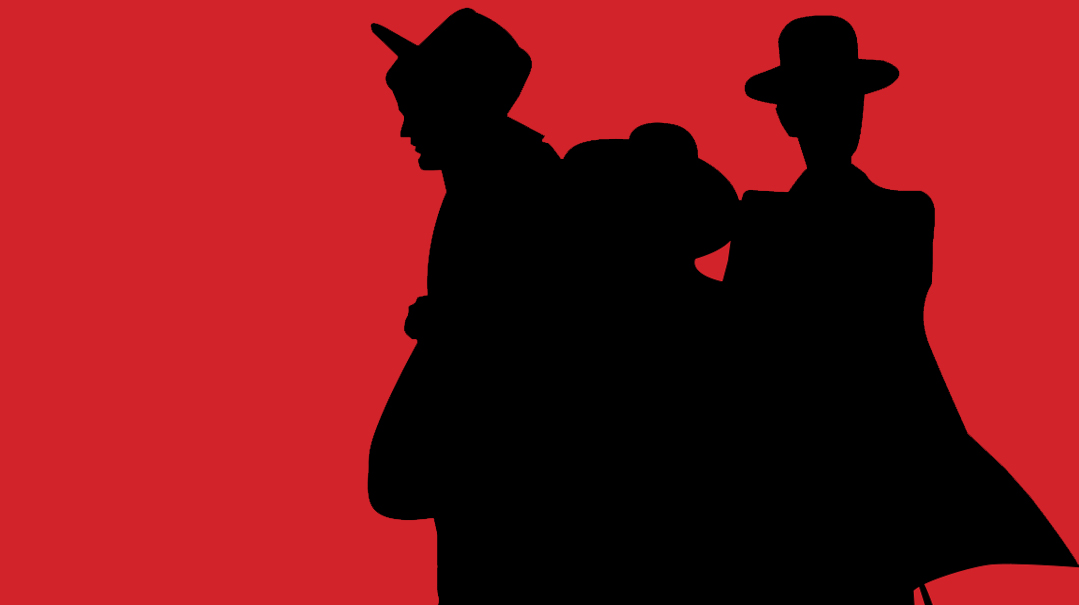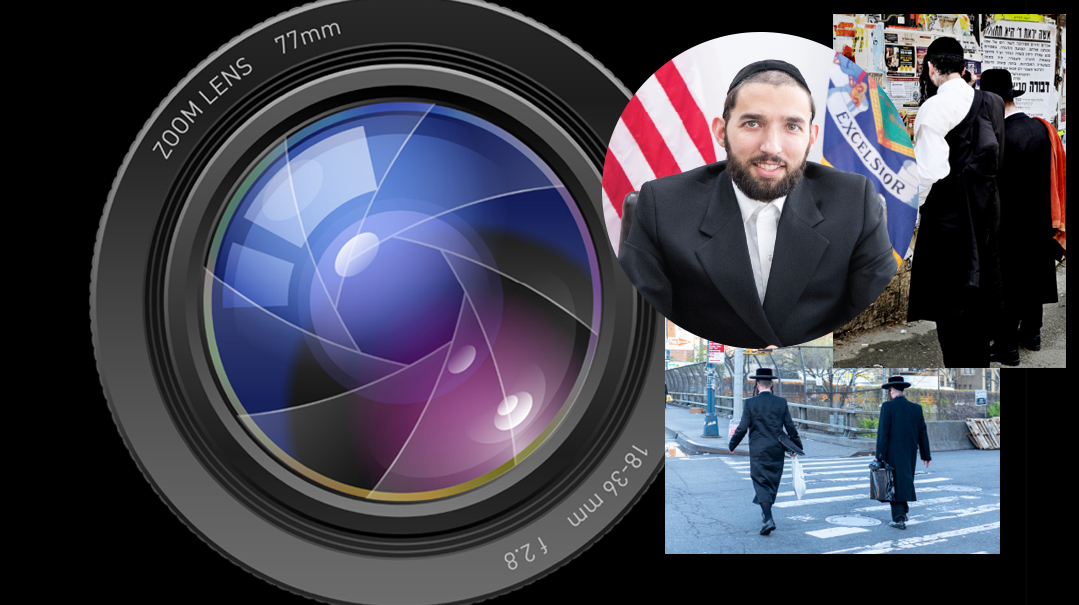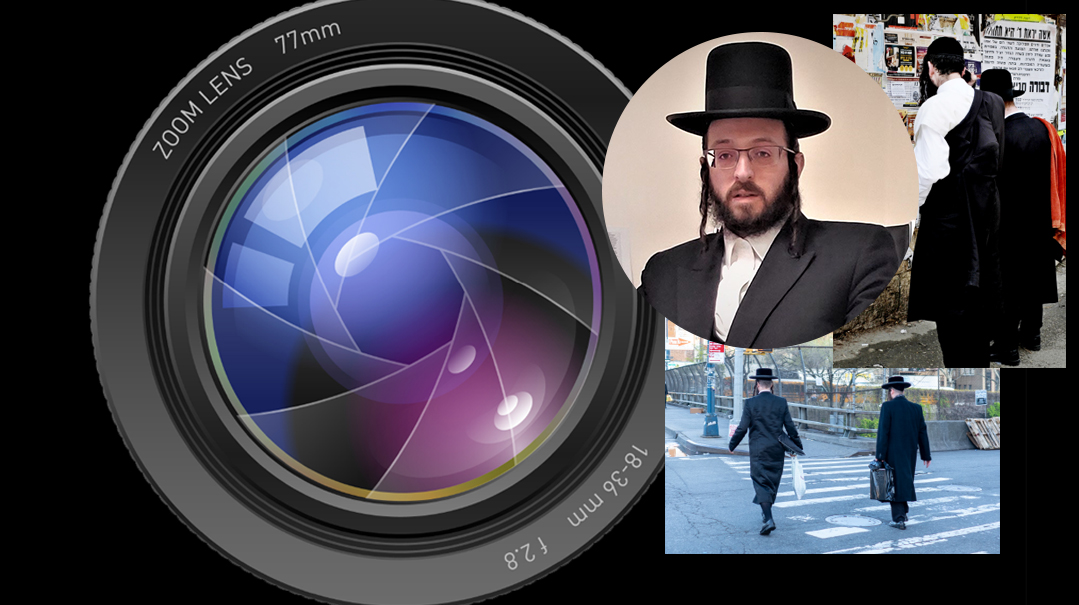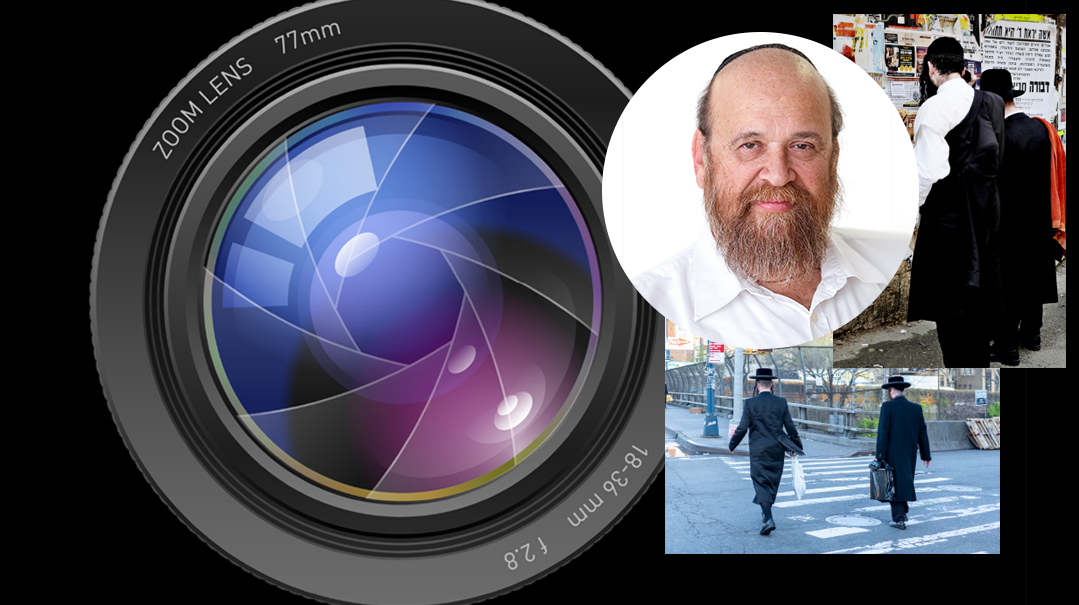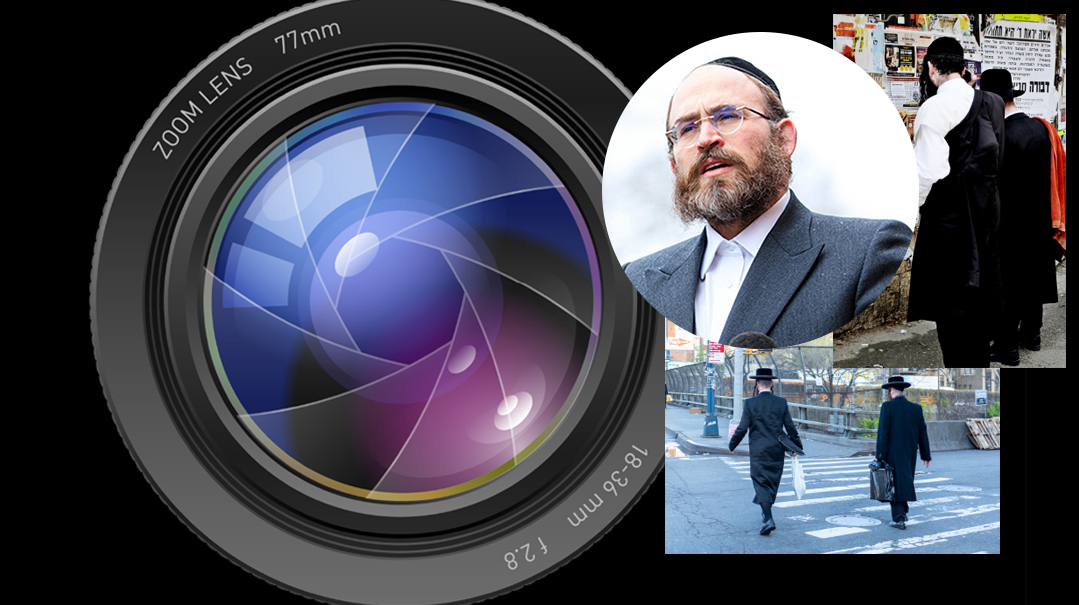Rabbi Shlomo Soroka: The Front Line is in Our Own Backyard

"The primary reason we should be behaving in a certain way, in whatever situation, is because it’s the right way to do things"
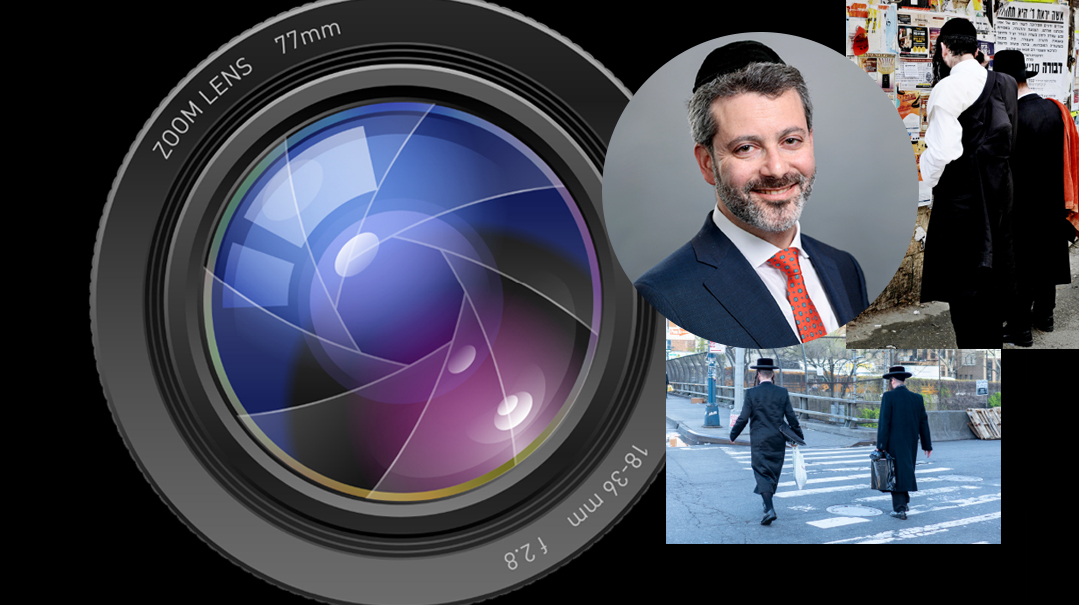
Shlomo Soroka is the director of government affairs for Agudath Israel of Illinois. He focuses much of his political advocacy in the areas of education funding, public safety, and protecting religious freedoms. He has worked with lawmakers to pass and defeat numerous pieces of legislation that affect his local Chicago Jewish community and beyond.
Interviewed by Alexandra Fleksher
In advocating for the American chareidi community, how much of the job is public relations?
Every time we interact with government officials, we are aware that how they perceive the Orthodox community plays a role in what kind of decisions they make. COVID has really brought that out in a very stark way — perceptions of the American Orthodox community have in some cases made it very difficult to be effective. In other situations, the perception of how the community has acted has been very beneficial. Sometimes it has to do with, to be quite blunt, whether they are looking at the community here or whether they’re looking at the headlines or what they see on TV.
Unfortunately, the way people sometimes behave has ramifications far beyond the borders of their community, which they may be oblivious to when they live in a more homogenous community, as opposed to living out in the Midwest or some other place where people are probably more naturally aware of how their conduct can have an impact.
I don’t know if it’s still like this but, for example, I remember when you were able to double-park in certain places in Lakewood and leave your keys in the car if someone needed you to move. It seemed to work, and that’s a beautiful thing. When living in a community where everyone is frum, you can view your neighbors like family, which is wonderful. But doing something like blocking traffic while hopping out to grab a package can inconvenience others, and is selfish. In over 20 years living in the Midwest, I have never seen someone block a stranger’s driveway while running into Minchah. (To be fair, we also don’t have parking issues in the Midwest.)
Can you share an example of how PR plays a role in advocacy work?
I’ll tell you a great story. Years ago, I reached out to a high-level government official regarding a program idea I had. I was warned that she was very busy, and that since my issue was not primary on her list, I was probably not going to get a chance to speak to her. I was pleasantly surprised when she responded right away to my request to meet.
She said, “If you’re wondering why you got this meeting right away, you’re not the first Orthodox Jew I’ve met with.”
As a teen, she went to an all-African-American school, and they a had a program designed to learn about other cultures and interact with people different from them. The school had reached out to a local Jewish school, and the ways the girls interacted with her and her friends made a significant impression. They treated her with respect, kindness, and sensitivity, which she never forgot. She told me she decided that if there was ever a way she could help this community, she wanted to explore those opportunities.
Turns out that the school she interacted with is the school my in-laws founded. My mother-in-law is still the principal there, and the class she met was probably my wife’s class. Needless to say, the meeting was very successful and was the beginning of a very fruitful relationship that has yielded many benefits to the community.
How do stories in the media highlighting non-compliance in the chareidi community impact public perception?
Unsurprisingly, these stories can be very harmful. People sometimes will bring them up and have a conversation, but even if they’re not openly discussing the latest article, they’re thinking about it. And when the front lines are in our backyard, the impact is felt even more keenly. When there are protests in the streets of one neighborhood with mask burnings, it has ramifications beyond the neighborhood’s borders. It made national front-page news on every paper and every TV network, and for many people, this became the perception they had of Orthodox Jews.
In this case, I explained that the rabble-rouser who created that spectacle was an attention-seeking fringe figure who has no standing in the community and has been completely marginalized, and that, as a general rule, our community does not attend protests, even peaceful ones. I emphasized that the majority of Orthodox Jews are law abiding and compliant. I even extended a few invitations for them to see for themselves.
The perception non-Jews have about Orthodox Jews is largely formed by the media. There is a non-Jewish woman who works for one of the Agudah camps and took an entire day to help my family out during a medical emergency. She told us that she had always thought that all Jews were rich, clever, smart and stingy, based on how Jews were portrayed in movies and on TV. She later learned that reality was quite different. She said in fact, we’re very generous, we’re not all wealthy, and we’re not all that smart. Everything was based on her preconceived notions formed by the media. All that went away when she had real interactions.
Look, I grew up in Flatbush. I’m a Flatbush boy. I understand what it is to be surrounded by frum people all the time. Your whole block, and the blocks surrounding you, are frum. You go from your house down the street to shul and yeshivah. The extent of your interactions with non-Jews is whether or not you cut a guy off on the street. I know what it’s like and how easy it is to forget. But we can’t forget. We have to realize that our actions and behavior have consequences.
The primary reason we should be behaving in a certain way, in whatever situation, is because it’s the right way to do things.
What do you wish every starting journalist knew about our community? What is a mistake too many of them make?
Journalists are responsible for portraying the Orthodox community in an accurate light. It’s hard to write about a community without understanding it. I don’t think it’s fair to report on a community without spending the time to get to know it. Maybe not everything they’re going to see is perfect. Don’t just assume they’re another fanatically religious or far-right community. And don’t make sweeping judgments based on anecdotal experiences. I see that commonly where the media will make certain assumptions. Journalists should be responsible and accurate in how they report, and understand that reporting has consequences.
What is the most dangerous aspect of the portrayal and perception of chareidim in the public sphere?
The most dangerous aspect is not how it’s going to impact our lives when people like me try to advocate for the community. Hashem is in charge of what happens. The most dangerous aspect is chillul Hashem. We are in this world to be mekadeish Sheim Shamayim, and if what we’re doing is a chillul Hashem, we’re doing the opposite of why we were brought here. Whether or not that translates into something that has an effect on us is really secondary.
That being said, the practical ramifications of chillul Hashem can be devastating to our communities. It literally rises to the level of pikuach nefesh. I have observed how misconceptions and negative impressions can influence both individual situations and policy decisions that literally make the difference between life and death. History is filled with examples where our failures in how we conduct ourselves have proven deadly and devastating. To think that the unthinkable can’t happen is myopic and foolish.
Regarding misconceptions, there are actually people out there who believe Jews have horns and that we control the stock markets and weather. Others think Jews will never donate organs but are happy to receive organs for transplants. Others misunderstand our commitment to Torah values as intolerance and believe that we’re right-wing radical bigots. I can’t tell you how many people have asked me if the way the Orthodox community is portrayed in a recent film is accurate. It’s not. And it’s very damaging.
What is the key element to a successful effort in reaching out to the media and non-Jewish policymakers about our community?
The key element is being honest. Thankfully, I represent a community that by and large does the right thing. I can say with a straight face that yes, our community is not perfect, but the overwhelming majority of the frum community has been compliant, respects the law, and respects opinions of the medical establishment. Even if they don’t understand or agree with every policy coming out of public health, at the end of the day, if it’s the law, the overwhelming majority are following the law. I can say that without compromising my integrity. My main currency is telling the truth. I have to be credible.
How can the average frum Jew be a good ambassador?
We conduct ourselves a certain way because we follow the Torah. Every single person can be a good ambassador simply by doing the right thing and just being a mensch. But awareness is also important. At the end of the day, I understand that I am the first and perhaps the last interaction people may ever have with a frum Jew, and I’m keenly aware that their first impression can be their lasting impression for decades to come. The average frum Jew can be a good ambassador by having a similar awareness.
The Agudah can’t fix things for people who aren’t going to do the right thing. We can only represent the community as good as the community is, and baruch Hashem we have so much to be proud of. As long as we’re consistent with the aspects of our lifestyle that have to do with the way Hashem instructs us to live, we’ll earn the respect and admiration of the world around us.
(Originally featured in Mishpacha, Issue 852)
Oops! We could not locate your form.







